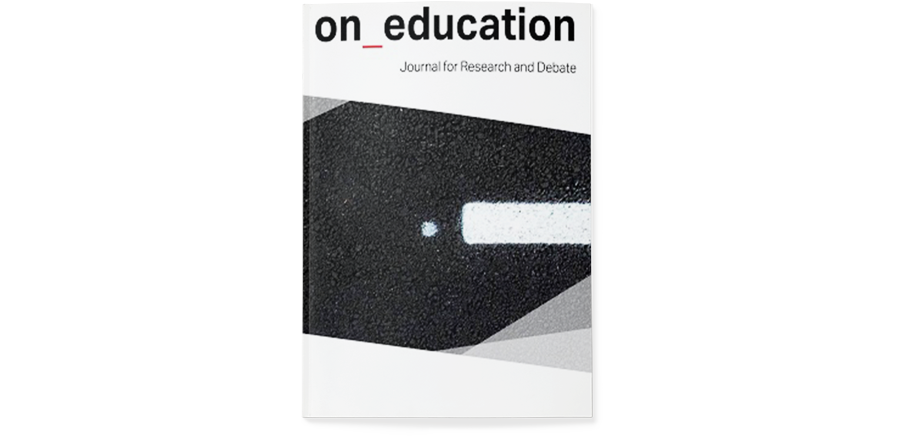The rise of far-right political actors globally may trigger notable changes within education systems, marked by the promotion of authoritarian, nativist, and economically neoliberal agendas. Far-right parties, including those in Argentina, Austria, Brazil, Germany, and Turkey, increasingly shape curricula and educational structures, frequently challenging inclusive, egalitarian principles. This issue of On Education examines how far-right actors worldwide leverage educational policy to propagate ideological agendas, from enforcing traditional religious values and gender norms to restructuring school systems. Most articles adopt a country-specific focus, exploring the varied and complex ways far-right agendas infiltrate educational domains across Europe, Latin America, and Asia. By analysing these trends, this issue sheds light on the ideological entanglements shaping contemporary education and highlights the implications for democratic values, human rights, and global educational equity.
on_education publishes three issues a year. Each issue focuses on one topic of current interest and contains a minimum of five short essays or opinion pieces by invited contributors. An editorial provides an overview of the issue and an introduction to the debate in question.
